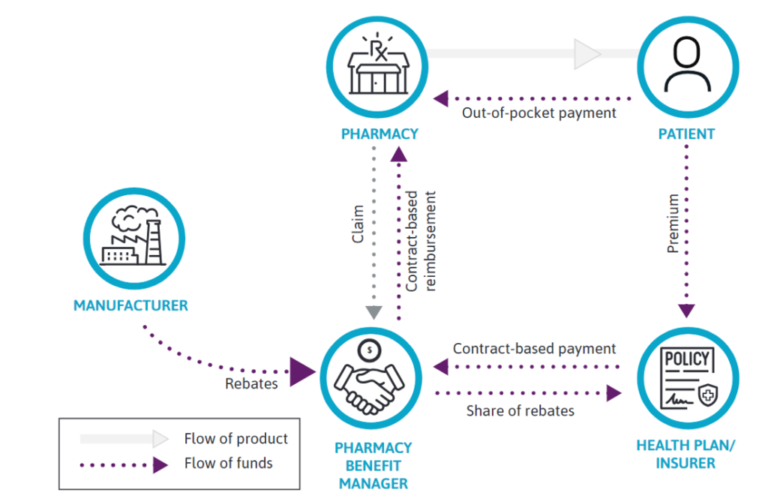
This week, HHS issued a proposed rule designed to bolster healthcare data sharing among providers, payers, patients and public health organizations.
The proposal is called the Health Data, Technology, and Interoperability: Patient Engagement, Information Sharing, and Public Health Interoperability rule, or HTI-2 rule. It comes seven months after HHS issued its final HTI-1 rule, which was established to boost interoperability in the healthcare sector and increase patients’ access to their health data.
The HT1-2 proposal has similar goals. The proposed rule introduced two new sets of criteria for software used by payers and public health authorities to be certified by HHS’ Office of the National Coordinator for Health Information Technology (ONC). These new certification criteria, which are voluntary, seek to improve data exchange, as well as the country’s ability to manage population health and respond to public health issues.
The proposal also includes several technology and standards updates that build on those included in the HTI-1 rule, ranging from the capability to exchange clinical images like X-rays to the usage of multi-factor authentication.
In addition, it seeks to mandate the adoption of United States Core Data for Interoperability (USCDI) version 4 by the end of 2027 in order to improve the industry’s long-term planning clarity.
The new rule proposed a new real-time prescription benefit tool certification criterion as well. This would help patients and providers make more informed decisions about cheaper medication alternatives, HHS said.
The proposed rule also includes revisions to certain information blocking exceptions, the most notable being an exception that would address concerns about potential information blocking consequences if an organization decides to limit sharing of a patient’s reproductive health care data.
Dr. Bobby Mukkamala, president-elect of the American Medical Association applauded this new exception in a statement released this week.
“Through the new Protecting Care Access Exception, ONC has taken steps to provide physicians and patients with more certainty about information blocking practices and when it is appropriate to decline to share an individual’s reproductive health care-related information. Creating this exception in full alignment with HIPAA is a positive step,” the statement read.
HHS is accepting public comment on its proposal for 60 days.
EHR Association Executive Committee Chair Stephanie Jamison said that her preliminary review of the 1,067-page rule “raises concerns with proposed compliance timelines, given the scope of proposed requirements and alignment with CMS’ interoperability rule.”
Photo: karsty, Getty Images





